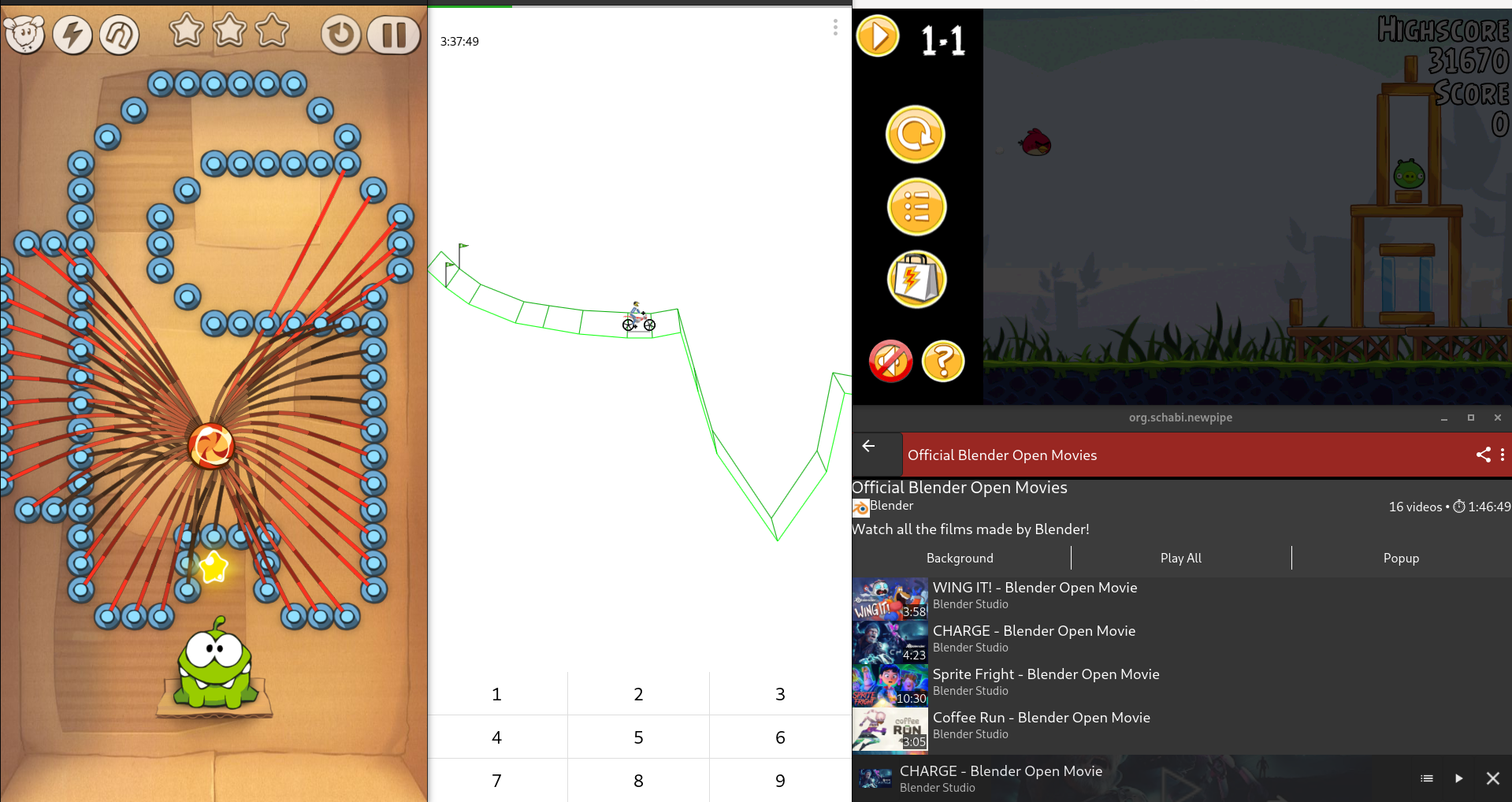A Look at Not an Android Emulator
Recently, Linux has been making waves in the desktop world, thanks in large part to the groundbreaking work on WINE and Proton. However, for some users, the year of the Linux desktop is not enough. The ultimate goal now seems to be the year of the Linux phone. To that end, an innovative Android Linux translation layer called Android Translation Layer (ATL) has emerged for those running Linux on their phones. Despite being in its early days, ATL remains a promising development in the quest to bring Android apps to the Linux ecosystem.
One of the challenges facing ATL is availability – it's currently unpackaged from your distribution of choice. Fortunately, a workaround exists: running an Alpine Linux container with graphics pass-through via tools like Distrobox or Toolbox. This solution leverages postmarketOS, an Alpine-derived mobile distribution, which makes ATL available in the Alpine repos.
One of the key benefits of running Android apps on Linux is that it's significantly easier than running Windows apps. This is largely due to the architecture independence of Android apps, eliminating the need for hardware emulation. With similar kernels, Android software should run with minimal effort on Linux. ATL provides a crucial Linux/Android hardware abstraction layer glue, ensuring that Android system calls reach the Linux kernel.
While ATL offers a promising foundation, it's essential to acknowledge that running Android apps is far from a straightforward process. The team behind ATL is working tirelessly to implement countless Android system APIs, but for now, older Android apps like Angry Birds have the best support. As with WINE, ATL will likely follow a similar trajectory – responding to new API releases and app updates by introducing fresh translation code.
Despite these challenges, it's crucial to recognize the potential of ATL as a game-changer in the Linux ecosystem. Just as WINE has become a wildly successful project, we hope that ATL will grow in popularity and functionality. If you're eager to experience Android on your Linux phone, be sure to check out this innovative hack – it might just revolutionize the way you interact with your mobile device.
For those interested in exploring ATL further, be sure to visit the project's resources page for more information on getting started and troubleshooting common issues. With continued development and community support, the possibilities for running Android apps on Linux are vast and exciting. Stay tuned for updates on this rapidly evolving project!
